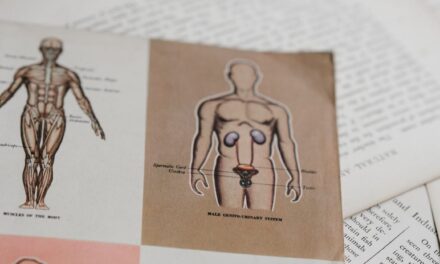Here at UC, we and the rest of the English Department are anticipating the October visit of Julie Schumacher, who’ll read in the Elliston Poetry Room at 4 p.m. on the 26th of that spooky month. Staffer and fan Don Peteroy reviews her latest—Dear Committee Members—below.
Don Peteroy: In Julie Schumacher’s Dear Committee Members, Jason Fitger has had enough. He’s a former novelist, has had several divorces, and works as a burnt-out creative writing teacher at Payne University, where literary arts are becoming obsolete. His students—usually international finance or software engineering majors—are either apathetic or apt to write stories that celebrate excessive gore. The university is remodeling the floor above the English department, where the financially privileged economics department resides, and Fitger must deal with the constant noise of jackhammers and toxic plumes coming through the ventilation.
Taking place over the course of an academic year, the novel is told in epistolary form. The majority of Fitger’s correspondence involves requests for letters of recommendations from adjuncts, current students applying to other programs or universities, English majors from years ago applying for catering jobs, and, in one specific instance, a student who’d received a C- in Fitger’s writing class who seeks employment at Avengers Paintball, Inc. Fitger explains to Avengers Paintball that the student’s “autobiographical essay on the topic of his own rageful impulses” makes him a perfect candidate for the job. Other letters involve departmental politics, and Fitger’s persistent, but unanswered, requests for the university to take notice of the increasingly hazardous state of his work environment, due to the renovations.
Early in the novel, we realize that Fitger has blown his cork. He uses his letters as a medium to rant about the IT department’s incompetence, redundant documentation, and his failed relationships and literary career. His tirades are hysterical not only because they’re unprofessional and, at times, completely random, but because they’re honest. For instance, he writes, “Alex Ruefle has prevailed upon me to support his teaching application to your department, which I gather is hiring adjunct faculty members exclusively, bypassing the tenure track with its attendant health benefits, job security, and salaries on which a human being might reasonably live. Perhaps your institution should cut to the chase and put its entire curriculum online, thereby sparing Ruefle the need to move. You could prop him up in a broom closet in his apartment, poke him with the butt end of a mop when you need him to cough up a lecture on Caribbean fiction or the passive voice, and then charge your students a thousand dollars each to correct the essays their classmates have downloaded from a website. Such is the future of education.”
Dear Committee Members is not simply a collection of witty letters, though. There is a narrative arc, and a central conflict through which the novel achieves greater sophistication. Beneath the humor, a tragedy concerning one of Fitger’s students, Darren Browles, brews steadily. Fitger cares deeply about Browles, but as the student’s plight worsens throughout the year, Fitger finds himself powerless to help him. Browles becomes the victim of a culture that privileges certain individuals over others, institutional oversight, and administrative bloating. While Fitger’s letters written on behalf of Browles ridicule institutional ethics (and are therefore funny), they also highlight how deeply serious and horrible Browles’s situation is becoming.
Practically every other page of Dear Committee Members made me laugh. In each letter, Schumacher reestablishes and reinvents the terms of her humor, so the novel stays fresh, with surprises all the way until the end. At the same time, I found the tragic element so heartbreaking that, upon closing the book, I couldn’t do anything but remain seated and staring ahead for long minutes.












